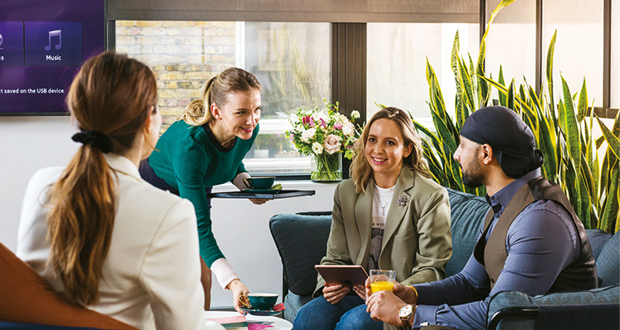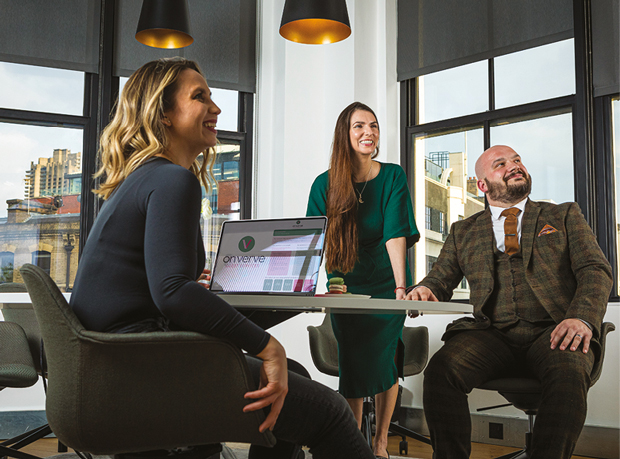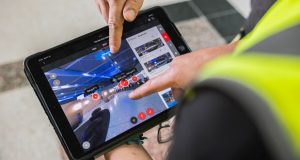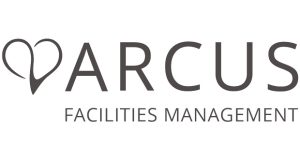SUPPORTING WORKPLACE VISITORS
Knowing when and how to offer support to visitors can be trickier as FOH teams won’t have had the chance to build a relationship in the way they do with an employee. Again, it comes to reading the room and being intuitive.
You might be able to pick up on dyslexia if a guest email contains noticeable spelling mistakes. A guest that appears flustered upon arrival might benefit from being taken to their destination within the building.
Again, this is where already adopting a personal approach can be helpful. If your FOH team makes a point of escorting every guest to their destination, then they’ll automatically be supporting any neurodiverse guests that need that bit of support.
It’s also vital to remember that neurodiverse people are not fragile and don’t need handholding. They often just need to be engaged with in a slightly different way.
We all have these skills already. We engage differently with our clients, our friends and our families. It’s just a case of tweaking those skills when supporting neurodiverse people.
CREATING AN INCLUSIVE WORKPLACE
Most companies are adapting their workplaces in the era of hybrid working or developing strategies to do so. There’s never been a better time to ensure that neurodiverse needs are considered in these plans.
However, we must avoid creating zones specially for neurodiverse individuals as this might just increase the stigma. Rather, we must create spaces that are to be used by all employees. After all, you don’t need to have a sensitivity to light or noise to appreciate working in a quiet area with controlled lighting.
Brand communications about how to utilise spaces should accompany any office changes. This should be aimed at everyone and be comprehensive enough that the needs of all employees are addressed. Our DayMakers support this communication when on their floor walks by showing colleagues how to use different spaces. They also support the comms team by relaying frequently asked questions, so comms are always updated to meet the needs of the end user.
Businesses can take the next step by making neurodiversity support a part of the employer brand. This can include a section on a D&I web page or listing employee resource groups relating to disability or neurodiversity. You may even want to add mini case studies showcasing how individual employees have been supported – nothing backs up claims better than evidence.
BUILDING EMPLOYEE RELATIONSHIPS
Business is all about relationships. Front-of-house teams have a unique role in building relationships every day and so are in a great position to support neurodiverse people.
Not only will this improve the working environment for those individuals, but we can also pass on insights to our clients. The better you know someone, the better the experience we offer in the workplace for them. When you consider that some may not want to share that they are neurodiverse, while others may not even realise, this shared information can be invaluable.
It doesn’t take a huge amount of work to support neurodiverse individuals, and the benefits far outweigh any costs for training or workplace changes. So, what are you waiting for?






